What Are Iraq’s Top Export Products?
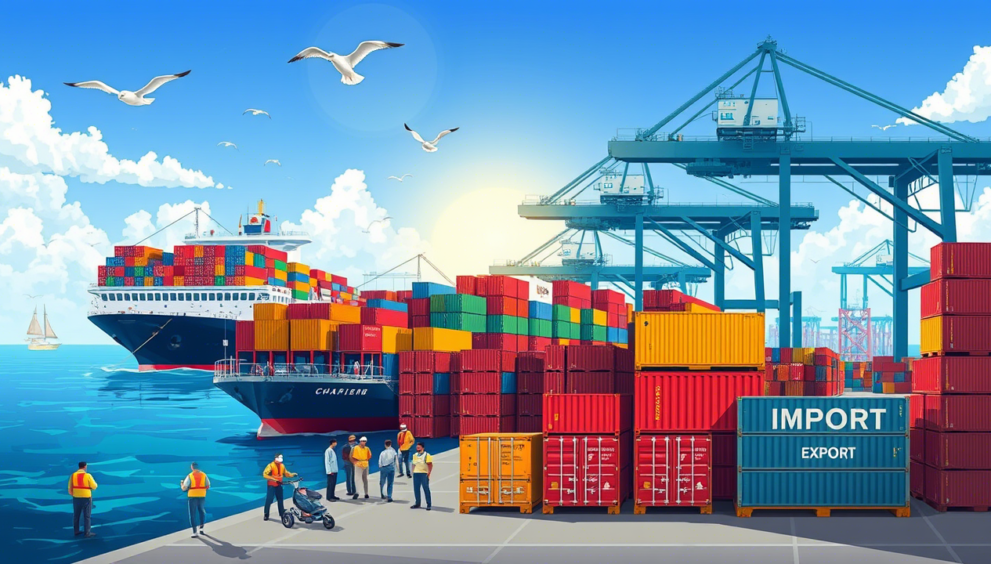
What Are Iraq’s Top Export Products?
Introduction
Understanding Iraq’s top export products offers vital insights into the country’s economic landscape and its strategic importance on the global market. Iraq, rich in natural resources, particularly oil, plays a significant role in the Middle East’s economy. This article will delve into the various export products that define Iraq’s economy, the factors influencing these exports, and the implications for future growth and trade relations.
The Backbone of Iraq’s Exports: Crude Oil
Dominance in the Market
Most notably, crude oil constitutes the bulk of Iraq’s exports, accounting for approximately 90% of its total export revenues. As one of the world’s largest oil reserves countries, Iraq holds a significant position within the Organization of the Petroleum Exporting Countries (OPEC).
Current Statistics
According to data from the Iraqi Ministry of Oil, Iraq exported around 3.4 million barrels of oil per day in 2022, generating revenue exceeding $90 billion. These lucrative shipments primarily target countries in Asia, particularly China, India, and Japan, which are among the largest importers of Iraqi crude oil.
Economic Impact
The oil sector not only serves as a primary revenue source but also impacts various other sectors, including construction, trading, and services. The overall health of Iraq’s economy is closely tied to fluctuating oil prices and production capabilities.
Other Key Export Products
While oil dominates, Iraq has diversified its exports to include several other products:
1. Agricultural Products
Iraq boasts fertile land ideally suited for agriculture. Key agricultural exports include:
- Dates: Iraq is one of the largest date producers globally. The famous Medjool and Barhi varieties are highly sought after in international markets.
- Fruits and Vegetables: The country exports various fresh produce, particularly pomegranates, citrus fruits, and tomatoes.
2. Petrochemicals
Alongside crude oil, the petrochemical industry is vital. Products such as fertilizers and plastics are now gaining traction in international markets. The development of the petrochemical sector is essential for economic diversification.
3. Textiles
Though less prominent than oil and agriculture, textiles remain an emerging sector. Local traditional textiles are gaining popularity, both domestically and internationally, particularly in the U.S. and Europe.
4. Construction Materials
With Iraq’s reconstruction efforts post-ISIS, construction materials, such as cement and steel, have become notable exports. Local manufacturers are beginning to export these materials to neighboring countries, benefiting from rising demand.
Factors Influencing Exports
Several crucial factors impact Iraq’s export products:
Geopolitical Factors
The stability of Iraq’s political environment affects trade relations. Ongoing conflicts and regional tensions can disrupt supply chains and reduce investor confidence.
Economic Diversification
Efforts to diversify the economy beyond oil have been initiated by the Iraqi government, which aims to bolster sectors like agriculture and manufacturing. This strategy is vital for sustainable growth and reducing dependence on oil revenues.
Infrastructure Development
Iraq’s infrastructure, particularly transportation networks and port facilities, plays a crucial role in facilitating exports. Continued investment in these areas will enhance the efficiency of moving goods to international markets.
Challenges Facing Iraq’s Exports
Despite its resource wealth, Iraq faces significant challenges, such as:
- Corruption: Persistent corruption can hinder business operations, affecting foreign investments and export growth.
- Quality Control: Variability in product quality, especially in agricultural exports, could limit competitiveness in international marketplaces.
- Security Concerns: Ongoing security concerns may deter potential investors and complicate logistics for exported goods.
Future Prospects
Iraq’s focus on diversifying its export products points toward a changing economic landscape. The introduction of sustainable practices in agriculture and the petrochemical sector can help elevate Iraq’s standing in international markets. Moreover, expanding investments in infrastructure and tackling corruption would further enhance its export capabilities.
The Role of International Partnerships
Establishing strong trade partnerships with countries like South Korea, Turkey, and the UAE could expand Iraq’s export market. These partnerships could also lead to technology transfer, improving the quality of export products.
Conclusion
In conclusion, understanding Iraq’s top export products reveals much about its economy and future growth potential. While oil dominates, diversification into agriculture, petrochemicals, textiles, and construction materials is essential for sustainable development. Continuous improvements to infrastructure, combined with international partnerships, are key to navigating the challenges ahead.
As Iraq strives for economic stability and growth, keeping an eye on its export sectors will be pivotal for investors and stakeholders alike.
Call to Action
To stay updated on Iraq’s market trends and opportunities for investment, subscribe to our newsletter for insights into the ever-evolving landscape of Iraq’s export products.





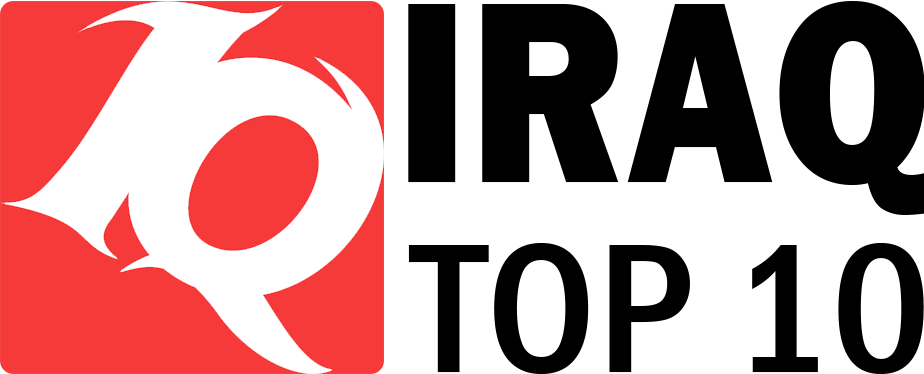





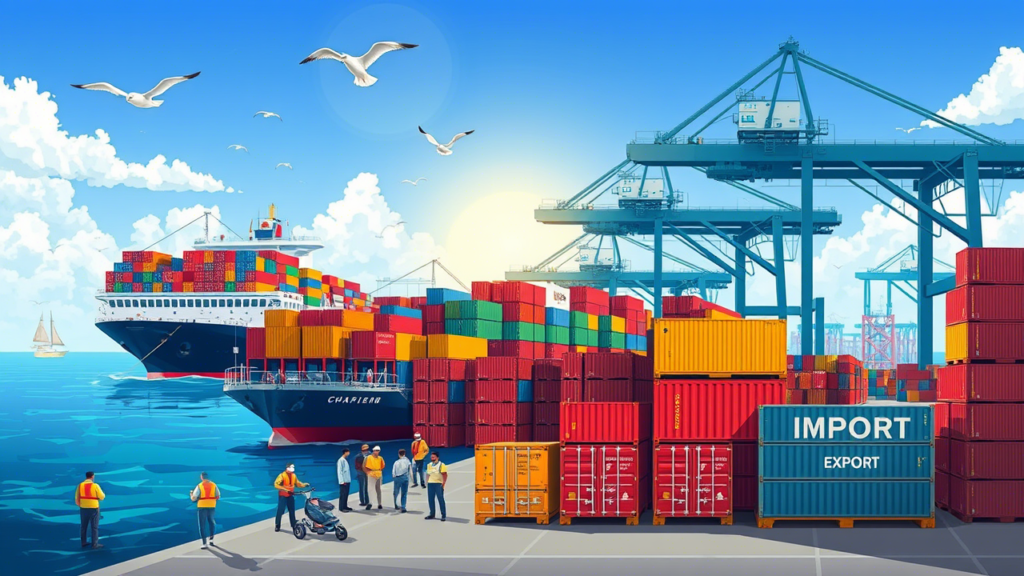



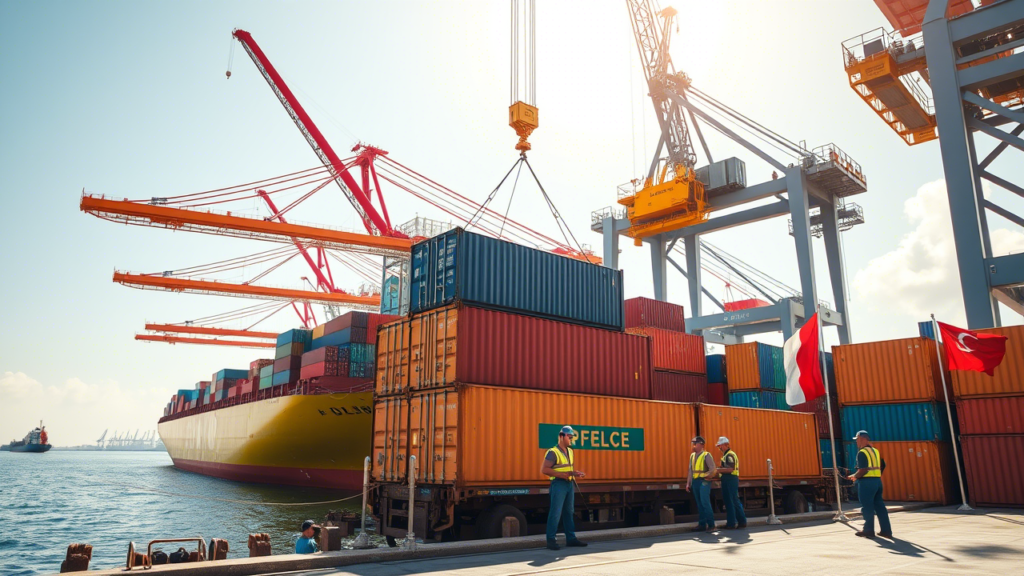
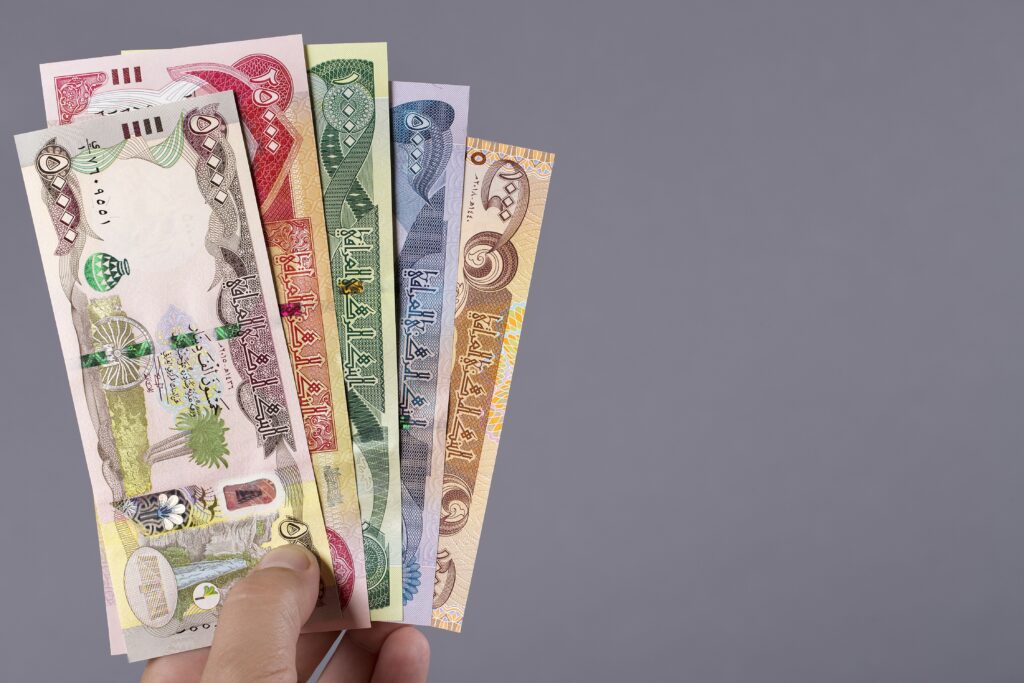



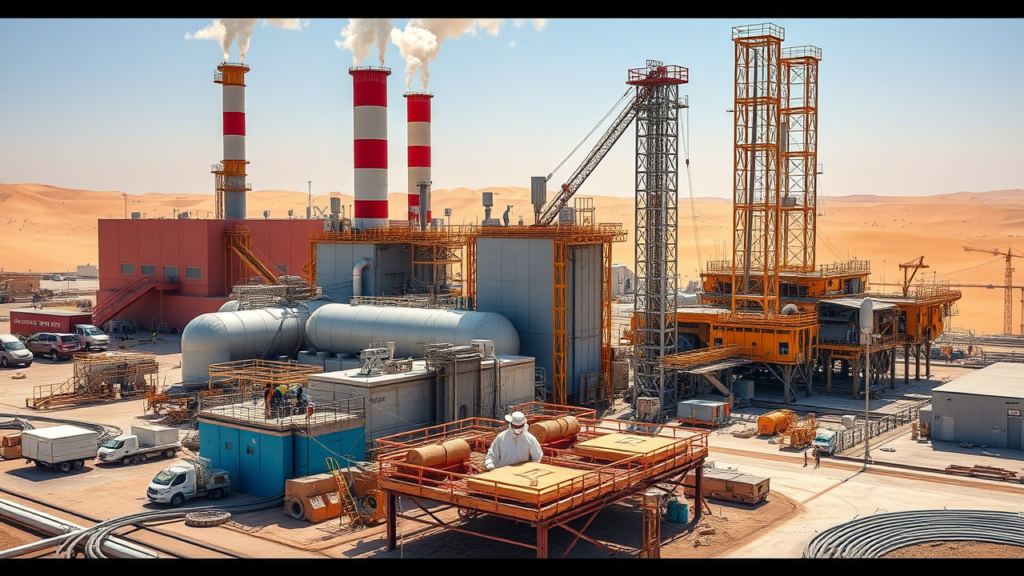









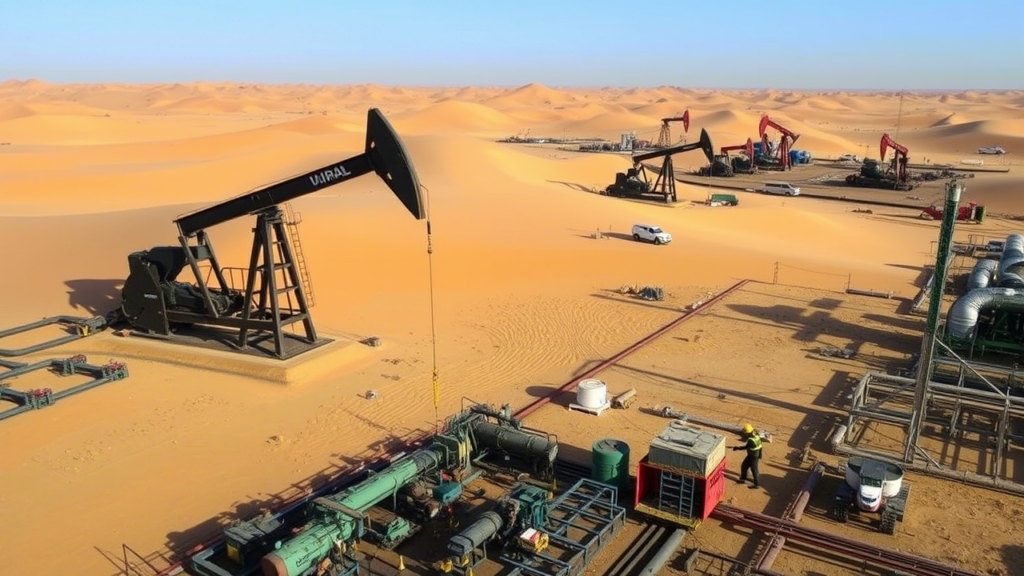



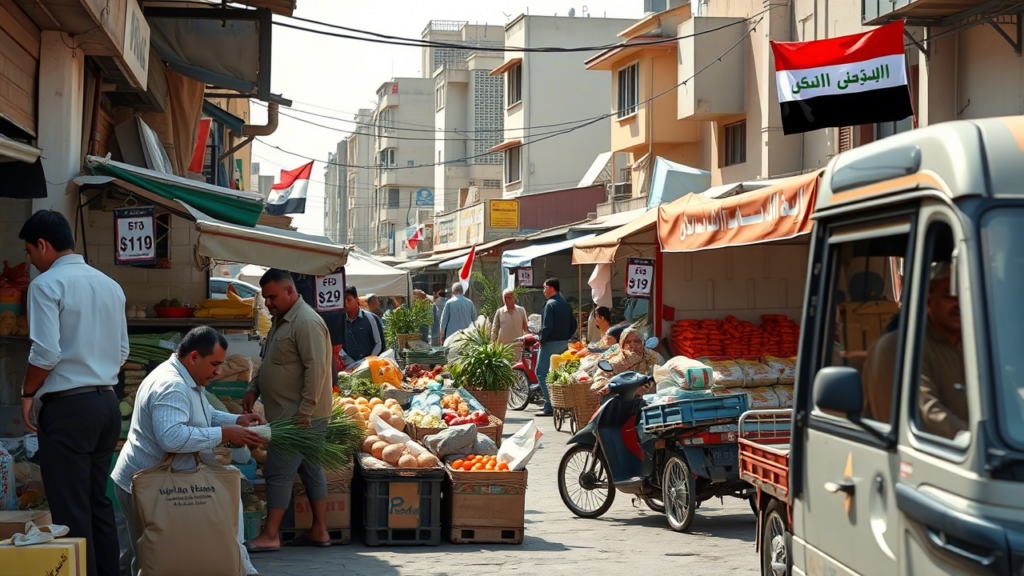
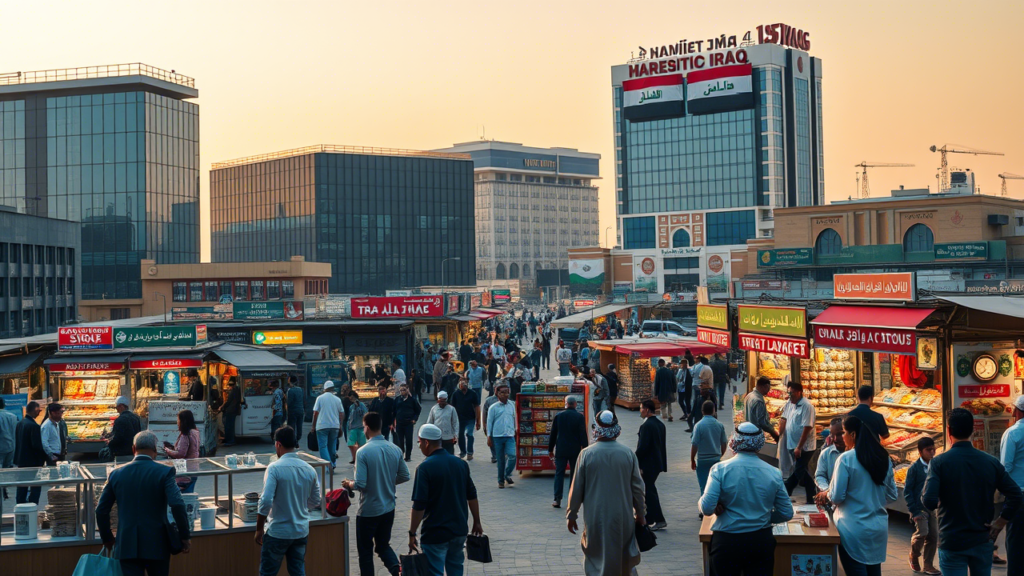



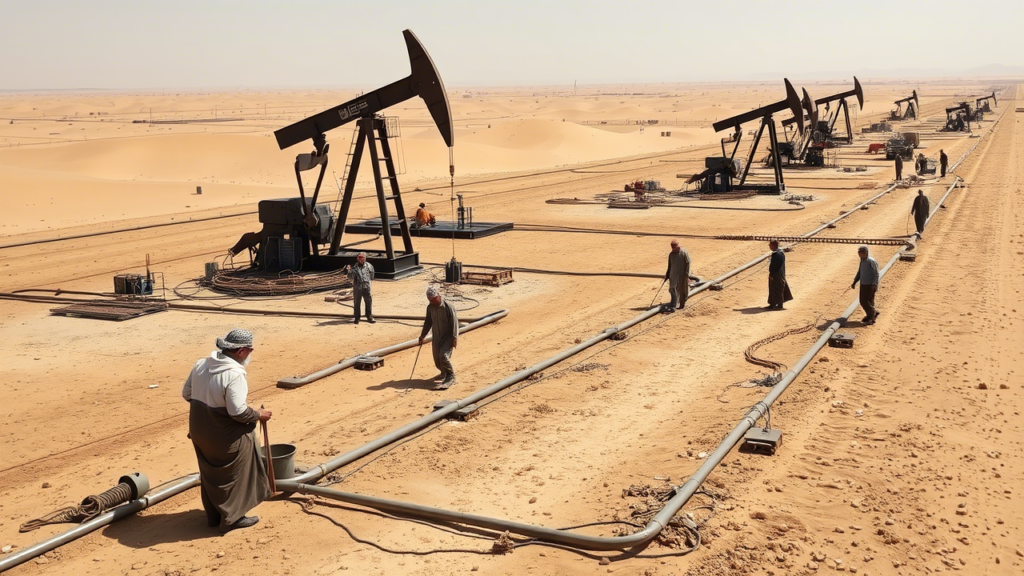










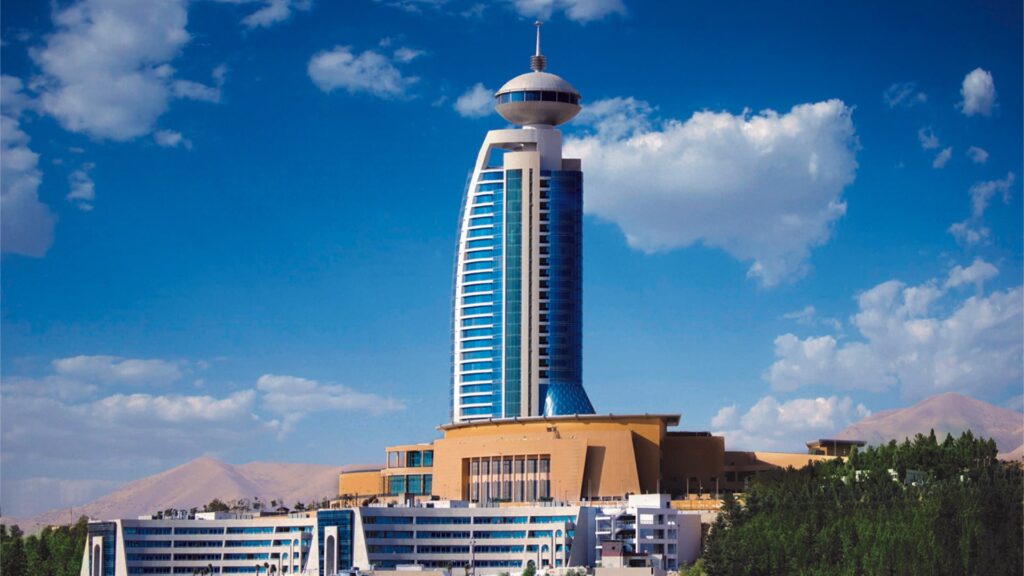





* * * Get Free Bitcoin Now: https://qiblah.com.kw/index.php?ys485t * * * hs=8d79cb2fd0e8dfc57eb58949752d327e* ххх*
03rd May 2025Your comment is awaiting moderation.
2xh191
* * * Unlock Free Spins Today * * * hs=8d79cb2fd0e8dfc57eb58949752d327e* ххх*
03rd May 2025Your comment is awaiting moderation.
2xh191